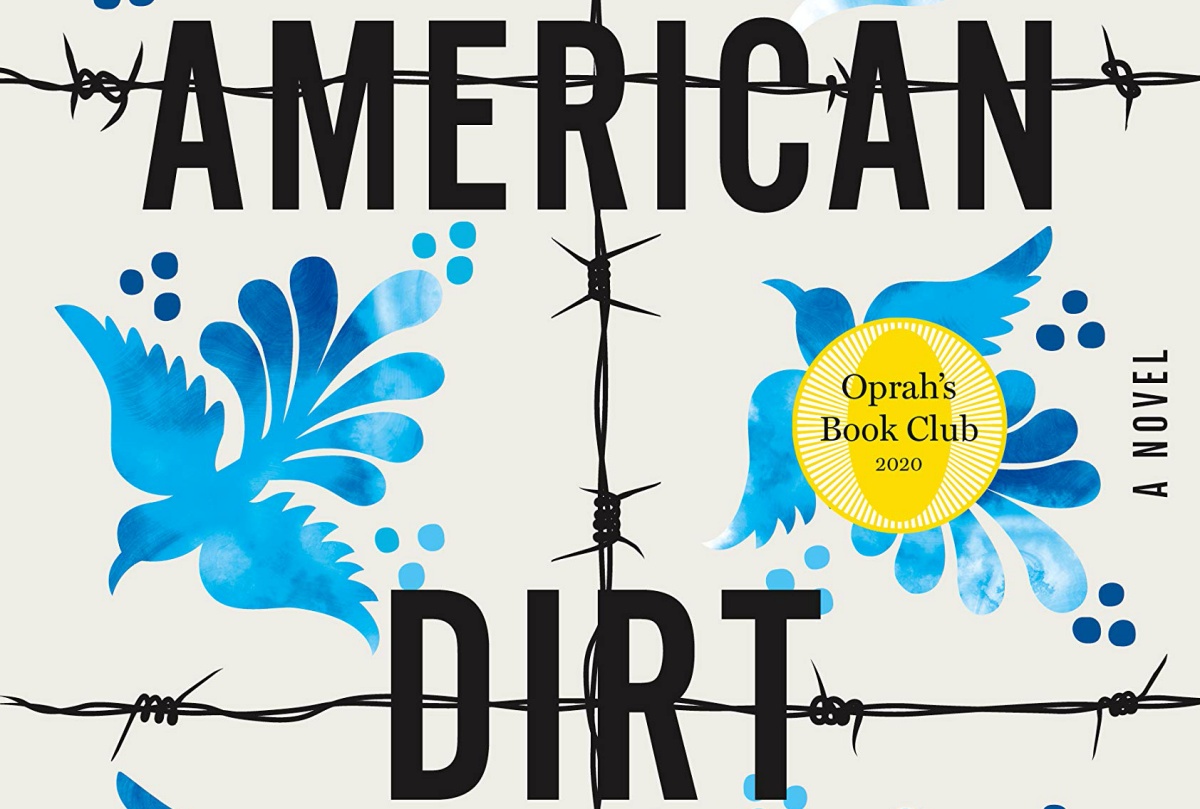American Dirt Is Not the Immigrant Tale It Was Said to Be

When you’re correcting a mistake, you should be as loud as (if not louder than) you were when you made it. This is why, when I found out about the controversy about the novel American Dirt by Jeanine Cummins, a book I recommended for the Mary Sue Book Club, I knew I had to make a full editorial correction.
I try to read most, if not all, of the books I recommend for the Book Club because I truly do love reading, and I want to make sure that if I suggest someone grab something, it’s something I can say I liked. When I was looking up two books to fill out the list, one of them was American Dirt. I saw that it had received a lot of positive press from Stephen King, Rumaan Alam, Don Winslow, Sandra Cisneros, and other literary news outlets including Oprah’s Book Club. It seemed like the type of literary fiction that’s always good for a book club read. I was mistaken.
For The Blue Nib, David Schmidt wrote “A Poor Imitation: ‘American Dirt’ And Misrepresentations Of Mexico,” breaking down that this story, praised for being “authentic” by so many, lacked any true understanding of the realities of living on the border or what it means to be a Mexican person.
Cummins fails to understand the racial dynamics of Mexico, and of human genetics in general. When Mexican authorities detain Lydia and two fellow migrants, Cummins explains that the agents know the migrants cannot possibly be Lydia’s relatives, as their skin is darker than hers. This contradicts the reality of many Mexican families, where with blond-haired and dark-skinned cousins often share the same grandparents.
Mexico is depicted as a one-dimensional nation, irredeemably corrupt and violent, while the United States of American Dirt is a fantasy land: a country free of gun violence, hate groups and organized crime. While the book ostensibly pushes a progressive message, it drives home a very Trumpist myth: “crime and violence are Mexican problems.”
The failures of the book to properly understand Mexican culture is jarring, especially in light of all the praise it has received. I was so shocked to read how it was dripping in stereotypes, on top of having a white author. You’d think that, considering the subject matter, the more book-focused writers and outlets would be more aware of this stuff.
Another powerful review was written by Myriam Gurba, who said the book ended up perfectly writing a “Trumpian agenda.” Gurba claims that she was given a copy of the book to review for a feminist magazine and was told that her review was too negative.
After a few days, an editor responded. She wrote that though my takedown of Dirt was “spectacular,” I lacked the fame to pen something so “negative.” She offered to reconsider if I changed my wording, if I wrote “something redeeming.”
Because the nicest thing I can say about Dirt is that its pages ought to be upcycled as toilet paper, the editors hauled out the guillotine. I was notified that I’d be paid a kill fee: 30% of the $650 I was initially offered for my services.
As someone who severely lacks fame and is very negative when it’s warranted, I resent the idea that you need to have literary clout to have a literary opinion.
What has happened with American Dirt is truly a mess, and the kind of mess I thought we’d moved past. As someone who loves books and recommends them, this is just a reminder of the vigilance we need to have in order to make sure that the things we recommend align with our values. I’ll make sure to do my part.
(via The Blue Nib, image: Flatiron Books)
Want more stories like this? Become a subscriber and support the site!
—The Mary Sue has a strict comment policy that forbids, but is not limited to, personal insults toward anyone, hate speech, and trolling.—
Have a tip we should know? tips@themarysue.com